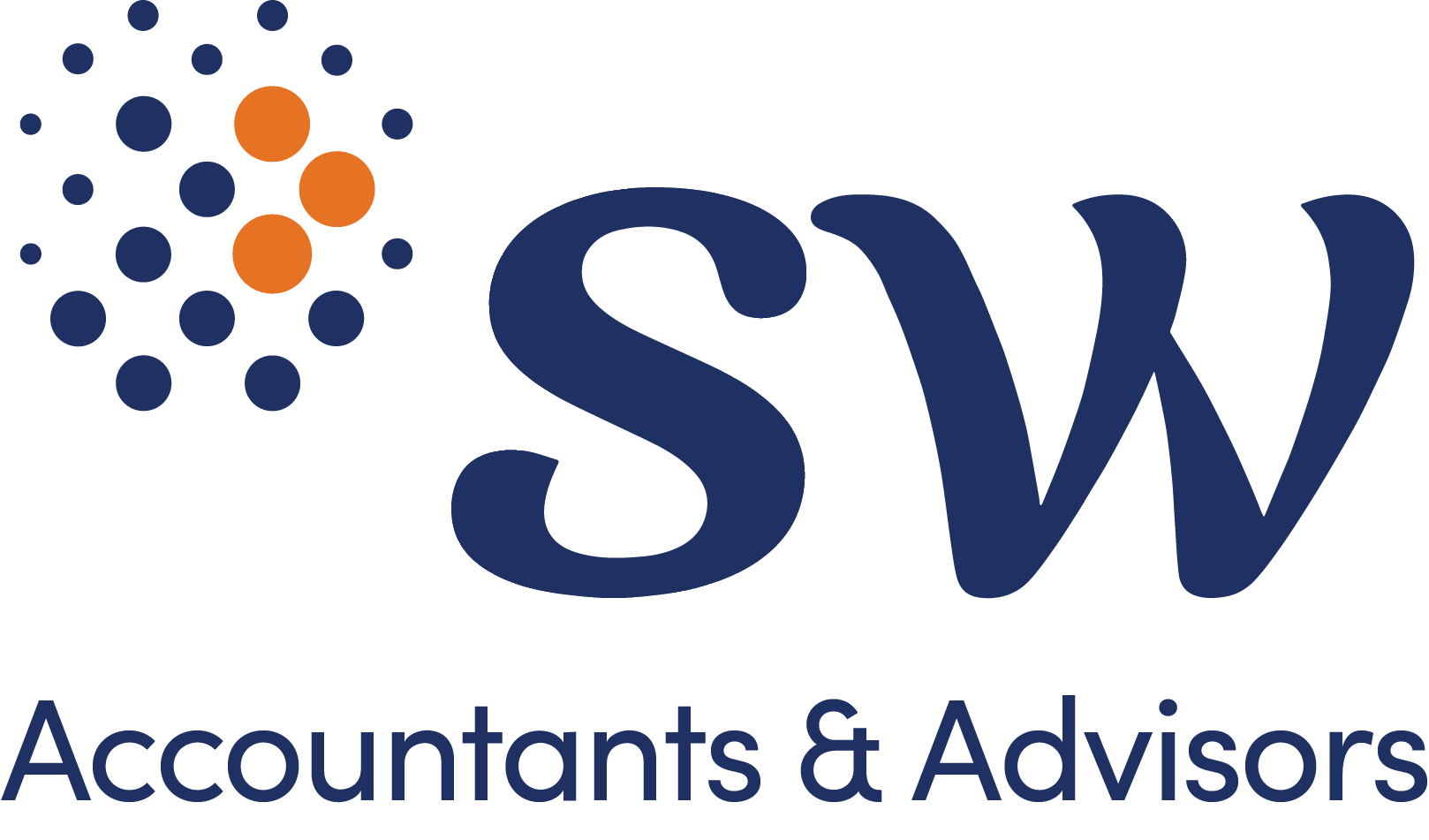
Exposure Draft issued for Australia’s first Sustainability Reporting Standards
27/10/2023
Australia’s first sustainability reporting standards are out! The Australian Accounting Standards Board (AASB) has issued the much anticipated exposure draft (ED).
The exposure draft contains Australian Sustainability Reporting Standards (ASRS) 1 and 2, both of which focus on disclosure of climate-related financial information.
This approach contrasts with the approach taken by the International Sustainability Standards Board (ISSB) that issued a general sustainability standard (IFRS S1) and a climate standard (IFRS S2). Whilst the ISSB standards were used as the baseline, the proposed Australian standards in ED format contain a number of differences. The key differences between the proposed Australian standards and the international equivalent are as follows:
- limiting the required disclosure to climate-related financial disclosures only by replacing all references to ‘sustainability’ to ‘climate’
- edits to make the standards applicable to not-for-profit entities as well as for-profit
- edits to clarify certain technical matters around measurement and reporting of emissions
- some other edits to make the standard more applicable in the Australian context and to remove some duplication
The proposed standards will also be applicable to not-for-profit entities that meet the reporting criteria. However, the mandatory disclosure for not-for-profit entities will be less onerous than applies to for profit entities.
The Australian Parliament, rather the AASB, determined the entities scoped into the legislation. The AASB have included Treasury’s proposed roadmap, from its second consultation paper, for mandatory adoption of sustainability standards.
Treasury’s proposed roadmap for mandatory adoption includes:
Group 1 | 2024-25
Entities preparing accounts in accordance with the Corporations Act (chapter 2M) and meets at least two of the following:
- over 500 employees
- consolidated gross assets of $1bn or more
- consolidated revenue of $500m or more
AND Entities preparing accounts in accordance with the Corporations Act (chapter 2M) that are a ‘controlling corporation’ under the NGER Act and meet the NGER publication threshold.
Group 2 | 2026-27
Entities preparing accounts in accordance with the Corporations Act (chapter 2M) and meets at least two of the following:
- over 250 employees
- consolidated gross assets at end of company’s financial year and any controlled entities is $500m or more
- consolidated revenue for company’s financial year and any controlled entities is $200m or more
AND Entities preparing accounts in accordance with the Corporations Act (chapter 2M) that are a ‘controlling corporation’ under the NGER Act and meet the NGER publication threshold.
Group 3 | 2027-28
Entities preparing accounts in accordance with the Corporations Act (chapter 2M) and meets at least two of the following:
- over 100 employees
- consolidated gross assets at the end of the company’s financial year and controlled entities is $25 million or more
- consolidated revenue for the company’s financial and any controlled entities it $50m or more
AND Entities preparing accounts in accordance with the Corporations Act (chapter 2M) that are a ‘controlling corporation’ under the NGER Act.
ASRS Application Date
The AASB is proposing that ASRS 1, ASRS 2 and related references would be applied:
- for entities in Group 1 – in annual periods beginning on or after 1 July 2024
- for entities in Group 2 – in annual periods beginning on or after 1 July 2026
- for entities in Group 3 – in annual periods beginning on or after 1 July 2027
What we are advising our clients to do as next steps
- reach out to your SW contact to get more information
- familiarise yourself with the content of the proposed standards and seek clarification on how you will be impacted
- provide feedback to the AASB regarding the content of the exposure draft
You should also attend SW’s financial reporting webinar on Thursday 16 November to hear more about these proposed standards. Click here to register
How SW can help
Our team of audit and assurance experts are fully informed of the requirements of the sustainability accounting standards and can assist with providing guidance for your business, as well as keeping you abreast of developments from an Australian reporting context.
Reach out to your SW contacts or the key contacts here for a conversation.


